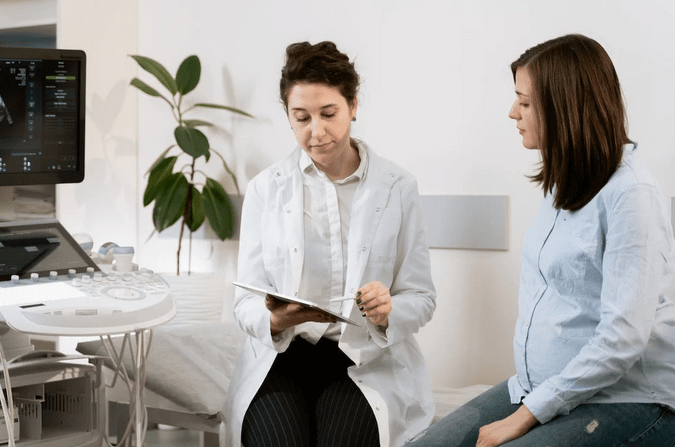Welcome to our comprehensive guide on ADHD diagnosis. If you or a loved one has been struggling with attention deficit/hyperactivity disorder (ADHD), understanding the various methods of diagnosis is crucial. From clinical interviews to psychological testing, this blog post will walk you through each step of the process. On the other hand, if they have been recently diagnosed with ADHD, over the counter ADHD medication is necessary. This way, they can prevent suffering from the side effects of the ADHD drugs prescribed to them. Here, we will talk about how ADHD is diagnosed.
Clinical Interview

When diagnosing ADHD, a clinical interview is often the first step. This initial meeting with a healthcare professional allows for an in-depth discussion about symptoms and behaviors that may indicate ADHD. The interviewer will ask questions about your personal and family medical history and any academic or social difficulties you may be experiencing. During the interview, it’s important to provide honest and detailed responses. Remember, this is your opportunity to share your experiences openly so that the healthcare professional can better understand your situation. They may inquire about specific symptoms such as difficulty staying focused, impulsivity, or hyperactivity.
Behavioral Observation
When it comes to diagnosing ADHD, one method that healthcare professionals often rely on is behavioral observation. This involves closely monitoring an individual’s behavior and noting any patterns or symptoms that are indicative of the disorder. During a behavioral observation, a trained clinician will observe the person in various settings, such as school or home, to gather information about their behaviors. They may look for signs of hyperactivity, impulsivity, and inattention, all key characteristics of ADHD. By directly observing a person’s behavior, clinicians can gain valuable insights into their symptoms and how they impact their daily life. This method allows them to see firsthand how these behaviors manifest and whether they meet the criteria outlined in the DSM-5.
Psychological Testing
 Psychological testing is another method used in diagnosing ADHD. It involves a series of tests and assessments that measure various aspects of a person’s cognitive functioning, emotional well-being, and behavior. These tests are administered by trained psychologists or neuropsychologists who specialize in assessing ADHD. One common test used in psychological testing for ADHD is the Continuous Performance Test (CPT). This test measures attention and impulsivity by asking individuals to respond to specific stimuli while ignoring distractions. Another commonly used test is the Conners’ Rating Scale, which assesses symptoms related to ADHD, such as hyperactivity, impulsivity, and inattention.
Psychological testing is another method used in diagnosing ADHD. It involves a series of tests and assessments that measure various aspects of a person’s cognitive functioning, emotional well-being, and behavior. These tests are administered by trained psychologists or neuropsychologists who specialize in assessing ADHD. One common test used in psychological testing for ADHD is the Continuous Performance Test (CPT). This test measures attention and impulsivity by asking individuals to respond to specific stimuli while ignoring distractions. Another commonly used test is the Conners’ Rating Scale, which assesses symptoms related to ADHD, such as hyperactivity, impulsivity, and inattention.
Medical Examination
Medical Examination is an essential part of the ADHD diagnosis process. It involves a thorough physical examination to rule out any underlying medical conditions that may be causing or contributing to the symptoms. During the examination, the healthcare provider will typically assess various aspects of the individual’s health, including their overall physical well-being, neurological functioning, and developmental history. They may also inquire about any family history of ADHD or other related disorders. Additionally, certain medical tests may be conducted to gather more information.
If you suspect you or your loved one may have ADHD, it is crucial to consult with a qualified healthcare professional who specializes in diagnosing and treating this condition. They can conduct a comprehensive evaluation using these various methods and develop an individualized treatment plan. Remember, receiving an ADHD diagnosis can be both validating and liberating. It opens up access to resources, support systems, and strategies that can significantly improve daily functioning and overall quality of life. Understanding the different methods used in diagnosing ADHD empowers individuals with knowledge about their condition so they can seek the necessary help they deserve.

